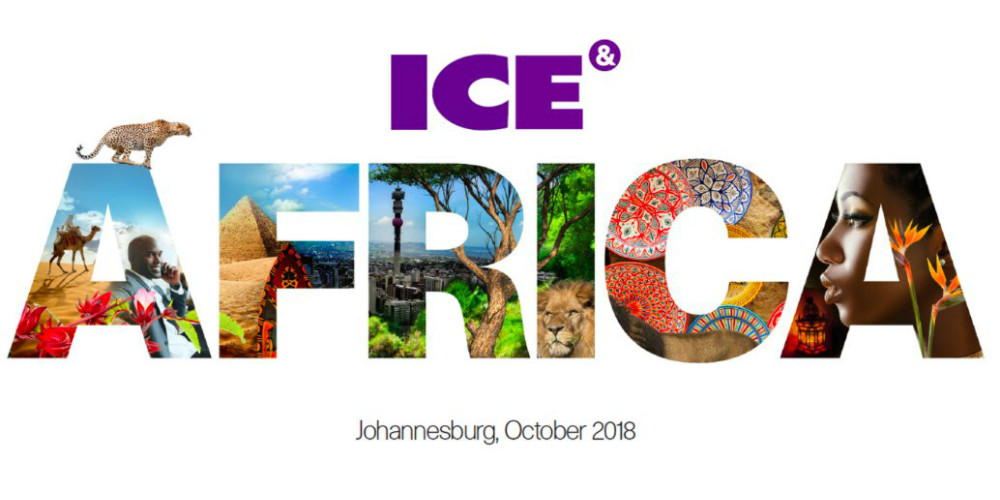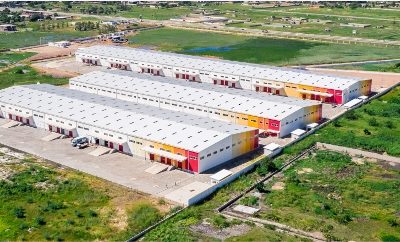The burgeoning gaming industry in Africa has been thrown into stark relief during 2018 with countries across the continent driving key measures to capitalise on emerging sectors and authorities keen to discuss the direct and indirect investment opportunities ahead. Talking ahead of the inaugural ICE Africa (24-25 October, Sandton Convention Centre, Johannesburg), which is set to provide regulators and operators with an ideal platform to discuss the growing market, Amne Suedi, Principal at Shikana Law Group, a law firm operating within East Africa and based in Kenya and Tanzania, explores the where, how and who of investing in the diverse gaming industry across Africa.
Why is there such a focus on Africa at this time?
As a lawyer specialising in investment in Africa and being very active in the gaming industry in Africa, I think this is an investment area that has a lot of potential to grow further and to have an even bigger impact on the countries that welcome this type of investment in terms of job creation and of course the revenues that can be collected by the tax/government authorities. Governments in Africa can leverage a lot more on this industry as they can divert the earnings into development of sports, entrepreneurship centres, etc.
Where do you see the big wins for the industry in the coming months?
Currently the East African market is very exciting in terms of opportunities but also the regulatory space is ever changing as legislators try and keep up with technology. Representing companies in Tanzania, Kenya, Uganda I can say that these markets are smaller than say the Nigerian market, however with an immense growth potential. Definitely, there is room for coming in and making a mark. I believe that the recent legislative changes in Tanzania and Kenya and the imminent ones in Uganda should not dissuade investors. There is always room for engaging with legislators and with planning and a sound, reasonable strategy, investors can achieve legislations that are not perfect (that does not exist), but which are balanced and at least meet their investment requirements half way. It has worked in other sectors, so there is no reason it cannot work in gaming!
Who is currently targeting the market?
The type of investors we see particularly in East Africa are not your typical household names in gaming like Ladbrokes, GVC Holdings, but more entrepreneurs who are going into gaming for the first time in Africa because of the market and huge potential for returns. I think a lot of people have to change their perception about investments in Africa. Like everywhere else in the world, if you want excellence you have to pay the price! It is not any different in Africa.
What’s the best place to start for operators looking to work in Africa?
How to invest would be to seek a good legal counsel who can walk you through the process. There are not so many experts in this field however firms like Shikana Law Group have a proven track record of successfully engaging with regulators and setting up sound investments in the gaming space in East Africa. You also need to have a very good understanding of the market you want to operate in. It is a mistake when investors feel like they can use the same capital and business model in Kenya as in Tanzania or Uganda since all these markets are very different. For example, investing and launching mobile gaming in Uganda would be most likely a disappointment since retail gaming is what is preferred by the Ugandan punters. However, retail is becoming less and less in markets like Tanzania. Of course, there are capital requirements and I always get surprised when certain foreign investors feel like they can invest USD$50,000 in gaming and get phenomenal ROIs while they are ready to invest at least USD$1m in their home countries.
What’s your top tip for those interested in doing business in Africa?
I think the number one advice I can give to investors coming into a country in Africa to invest is – forget what you know from other markets and treat each market as separate entity and do not compare.































